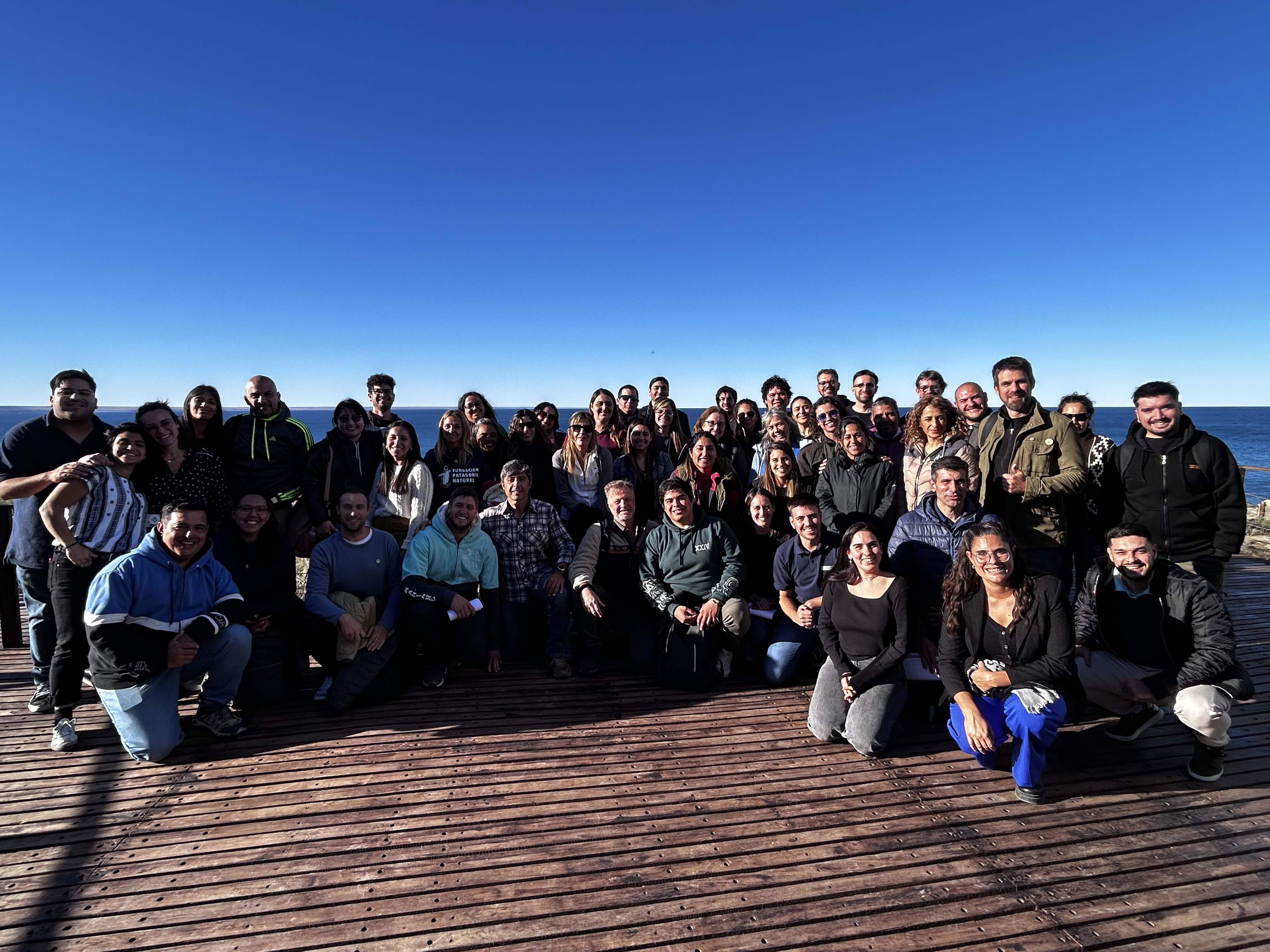More than 45 teachers from 15 schools in Chubut Province, Argentina, participated in the first training to launch our newest capacity building partnership: the YouthEnergy project.
Improving Agricultural Profitability By Introducing Solar Powered Mobile Cold Storage Options
In the absence of cold storage and related cold supply chain facilities, many farmers in Nepal are forced to sell their produce immediately after harvest. This results in oversupply and low revenues. Providing access to cold supply chain infrastructure for fruit and vegetables could help to reduce harvest losses and increase cash income for poor rural communities while simultaneously helping to meet growing domestic demand.
One of our most recent SEPS projects aims to demonstrate the viability and benefits of mobile solar powered cold storage systems. The People, Energy and Environment Development Association (PEEDA) will implement the first system of its kind in Nepal in the rural municipality of Baiteshwor.
During the first phase of the project, PEEDA reached an agreement with local government authorities regarding the establishment of a solar cold storage system in the Baiteshwor municipality. They also carefully selected a provider of electro-mechanical equipment.
The project team discussed operational and maintenance issues, as well as financial management aspects, with the beneficiaries and decided to conduct training sessions after the completion of the installation and commissioning of the cold storage system.
The beneficiaries are willing to contribute free labour during the civil construction and installation phase, which will enhance the participatory nature of the project. Additionally, the local government has promised to provide support for the installation, commissioning and post-installation activities.
Updates on this project will be posted in our news blog. More general information is available on our SEPS project page: Improving Agricultural Profitability for Smallholder Farms by introducing Solar Powered Mobile Cold Storage


